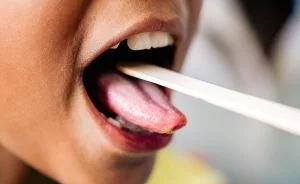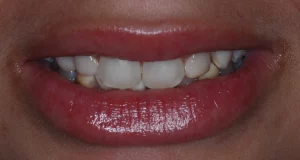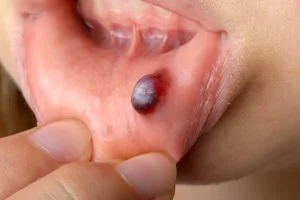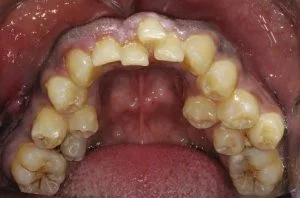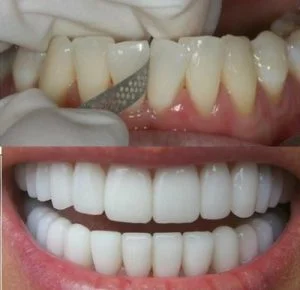Toothache
Why does the tooth hurt?
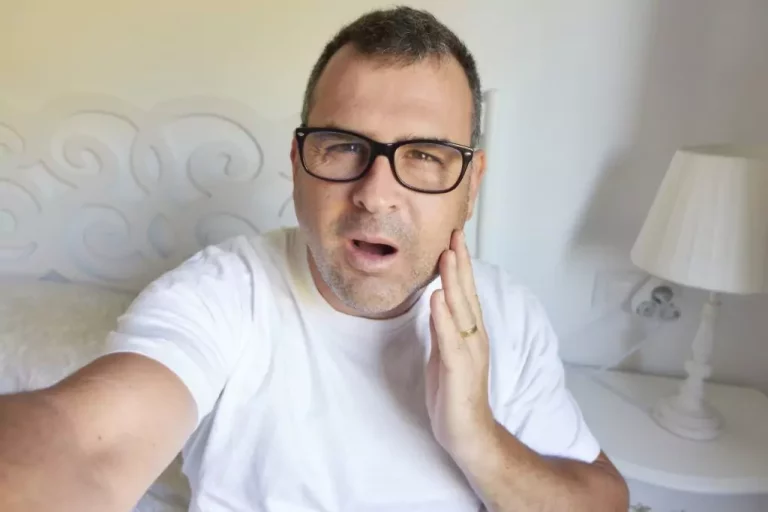
Know the most common causes. One of the most frequent ailments is a toothache.
It is a sharp and constant sensation that can have different causes and affect one or more teeth. What are the causes of this pain? How to handle this discomfort?
In general, the cause of toothache is dental caries, which is a consequence of the acid produced by bacteria in dental plaque and which wears away tooth enamel and dentin -the inner layer of the tooth-. In other words, caries is a consequence of poor dental hygiene.
Other causes of toothache

Other common causes of toothache are pulpitis, periapical abscesses, bruxism, and pericoronitis.
● Pulpitis (inflammation of the pulp of the tooth) is the consequence of advanced caries. When caries impact the pulp, the tissue that houses the nerves and blood vessels of the tooth, inflammation occurs that is accompanied by continuous pain. It can also be an effect derived from a previous dental intervention or trauma.
● The periapical abscess is the accumulation of pus around the root of the tooth due to the death of the pulp, a situation that produces inflammation around the root.
Pericoronitis is inflammation and infection in the gums near the crown of the tooth. This condition usually occurs in teeth that are erupting or failing to break through the gums.
● Another circumstance that can trigger this discomfort is bruxism. Grinding or clenching the teeth causes wear of the dental enamel and, in advanced cases, fissures or fractures. In these cases, the toothache is constant and affects several teeth. To treat bruxism it is necessary to consult with the dentist and use dental protectors and, in some cases, the treatment includes complementary therapies to reduce anxiety and stress.
● Tooth sensitivity is another cause of toothache. This is a condition in which the teeth react to certain stimuli, such as changes in temperature or pressure when chewing. Dental sensitivity is a consequence of the wear or loss of enamel, leaving dentin exposed.
● Injuries or trauma to the mouth can also cause toothache. In these cases, the pain is usually acute and localized in the affected tooth.
What complications can a toothache present?
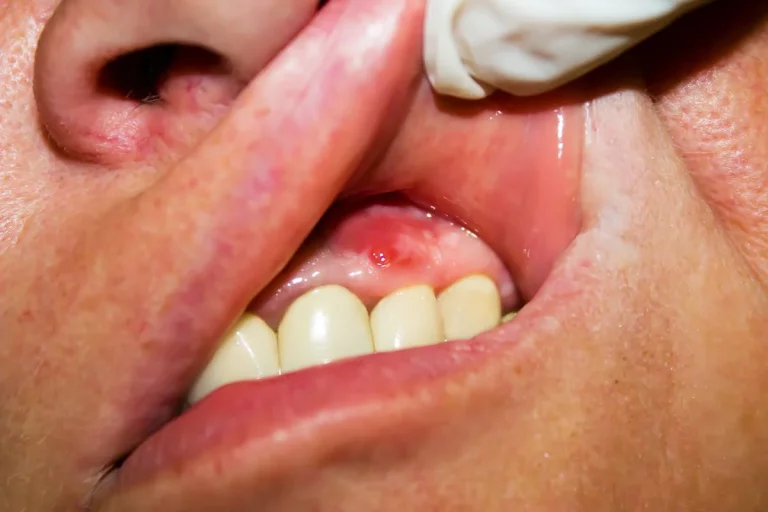
A complication that can be generated is that the infection that causes toothache spreads to nearby tissues, leading to more serious clinical pictures, such as sinusitis, thrombosis of the cavernous sinus or Ludwig’s angina.

19 Natural Antibiotics to Ward Off Any Dental Infection
Sign up to receive daily email dentist tips and challenges, as well as our comprehensive Better smile Guidebook.
How can you manage discomfort at home?

Toothache often occurs at night. To manage the discomfort and pain, while consulting the dentist, you can resort to analgesic medications, cold compresses on the affected area, keeping the head in a higher position than the body, rinsing with salt water and mouthwashes cloves, are some alternatives.
Conclusion
Find the right dentist to treat toothache
Toothache should be treated as soon as possible to identify its cause and receive the appropriate treatment, according to the prescribed diagnosis. It is advisable to prevent the oral health condition that is behind the pain from advancing and causing further damage. In our directory of dental professionals, you will find all the necessary information to treat this type of dental injury in a timely manner and thus maintain a good oral health condition.

19 Natural Antibiotics to Ward Off Any Dental Infection
Sign up to receive daily email dentist tips and challenges, as well as our comprehensive Better smile Guidebook.
Our Doctor
Meet Doctor

19 Natural Antibiotics to Ward Off Any Dental Infection
Sign up to receive daily email dentist tips and challenges, as well as our comprehensive Better smile Guidebook.




